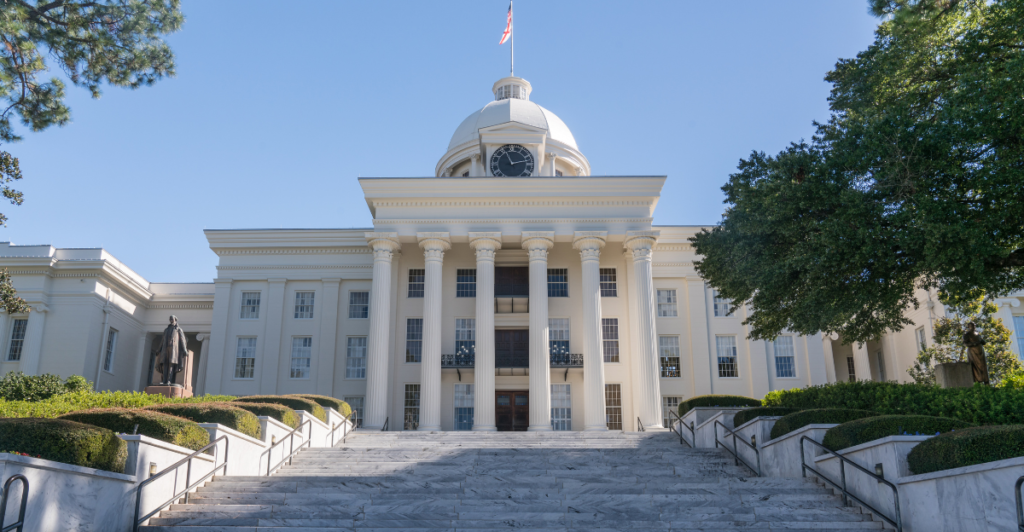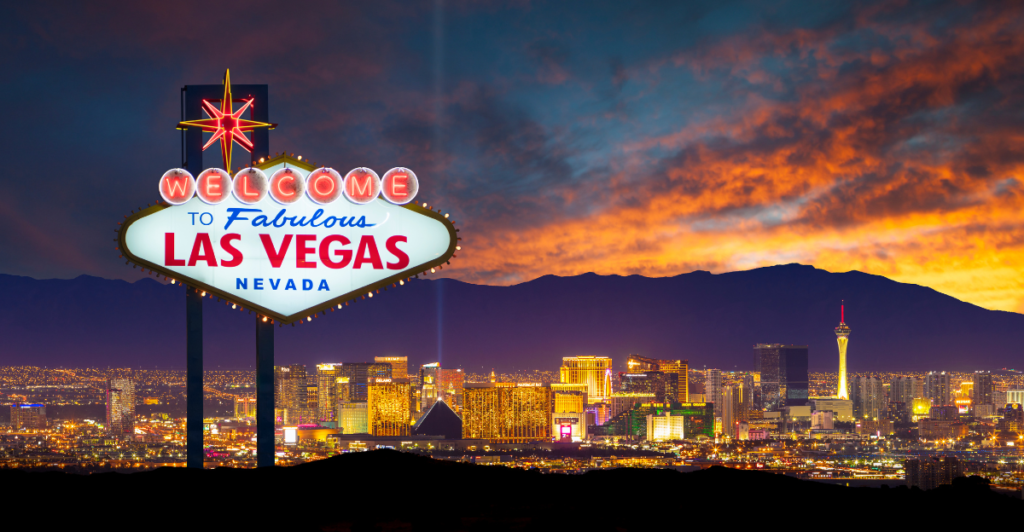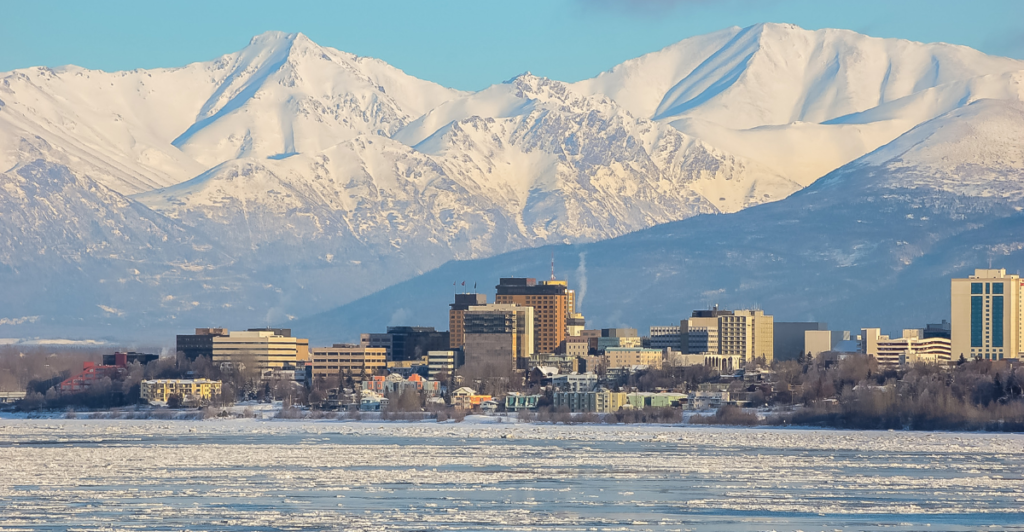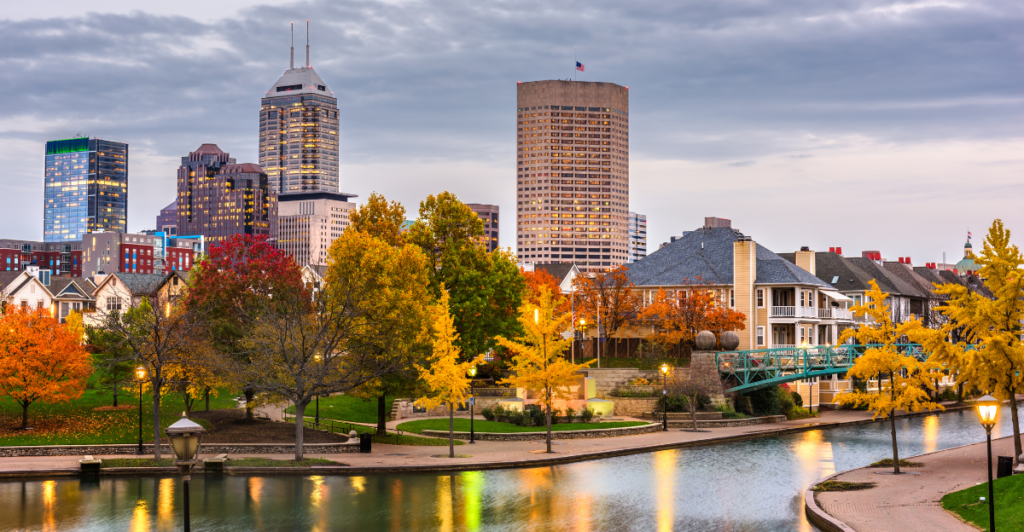
Most Americans assume keeping a bear as a pet is universally illegal, but a surprisingly large number of states will let you keep one if you only meet certain conditions. Here are nine states where it is legal for a private citizen to own a bear, assuming you have the proper permits and take certain precautions.
The legal landscape varies widely from state to state and city to city, often mirroring historical attitudes toward wildlife, rural traditions and the impact of the exotic pet trade.
The approaches taken in each state reflect different cultural, ethical, and practical considerations. This list not only demonstrates where bear ownership is possible but also challenges the conventional wisdom that such practices are relics of the past.
1. Alabama

With no statewide bans on owning bears, Alabama is one of the few states that is a rare haven for exotic animal enthusiasts. Local authorities may require permits, but as a state, it puts few restrictions in place, a nod to its rural heritage and resistance to regulatory overreach.
The absence of such all-encompassing legislation leaves a small but persistent community of private bear owners, some of whom operate roadside zoos or wildlife sanctuaries.
However, the absence of strong oversight has sparked controversy, with animal welfare organizations pointing to incidences of neglect and threats to public safety. If you’re thinking of owning a bear in Alabama, consult with local ordinances and prepare yourself for scrutiny from both neighbors and advocacy groups.
2. Nevada

Nevada’s reputation for personal freedom is reflected in its exotic animal laws. Here, you can legally own a bear with a permit from the Nevada Department of Wildlife, provided you demonstrate the ability to care for such a dangerous animal. The state’s permitting process is rigorous, demanding secure enclosures, veterinary care, and proof of financial means.
Notably, Nevada’s exotic pet scene has intersected with its entertainment industry, with some of the bears appearing in Las Vegas shows or as tourist attractions.
However, the state’s leniency has also led to high-profile escapes and legal battles, sparking continued debates about public safety and animal rights.
3. North Carolina

Bear ownership is legal in North Carolina but requires a state-issued permit — and getting that permit is anything but straightforward. Local governments may impose additional restrictions, leading to a patchwork of regulations that vary by county.
This legal gray area has made North Carolina a battleground for animal rights activists and exotic pet owners. The state has seen numerous high-profile cases where the bears have been confiscated, especially when the living conditions are not up to standard or there are complaints from the public.
If you’re still determined to keep a bear here, be prepared for regular inspections and community backlash. The state’s approach underscores the tension between personal liberty and collective safety.
4. Oklahoma

Oklahoma’s wildlife laws reflect its frontier history. They allow private bear ownership with a wildlife breeder’s license. Applicants must prove that they can offer adequate enclosures, nutritional food, and veterinary care.
Oklahoma’s Department of Wildlife Conservation routinely inspects, and violations can carry heavy fines or confiscation. Oklahoma’s permissive stance has made it a hub for exotic animal breeders, but it has not been without reproach.
In light of several incidents involving escaped or abused bears, the state has found itself in the crosshairs of activists. The state’s experience highlights the challenges of balancing tradition with modern standards of animal welfare and public safety practices.
5. South Carolina

South Carolina allows bear ownership with a state-issued permit, but regulations have become stricter in recent years. High-profile escapes and attacks have forced lawmakers to reconsider the state’s lenient stance, instigating stricter enclosure requirements and more frequent inspections.
Despite these updates, South Carolina is still among the increasingly small group of states that allow private citizens to legally keep bears at home, a fact that continues to spark debates in the legislature and the media. Prospective owners must navigate a complex web of rules and must brace themselves for public scrutiny.
6. Wisconsin

In Wisconsin, owning a bear is allowed with a Class A captive wild animal farm license, reflecting the state’s long tradition of hunting and wildlife management.
The state’s rules are among the most detailed in the country, specifying enclosure sizes, fencing materials, and even enrichment requirements. Wisconsin’s approach stands out in its focus on animal welfare and public safety, with annual inspections and mandatory reporting of escapes and injuries. The state’s strong regulatory framework has also made it a model for other states contemplating similar legislation.
7. Delaware

Delaware’s small size belies its surprisingly detailed regulations and rules on exotic animal ownership. Bear owners are required to obtain a state wildlife permit, undergo regular inspections, and provide proof of liability insurance.
The state’s laws were influenced by a notorious case from the 1990s involving a pet bear that escaped and caused a public panic, which resulted in a legislative overhaul.
Today, Delaware’s permitting process is among the most stringent in the country, serving as a cautionary tale for prospective bear owners. The state’s experience underscores the vital role of proactive regulation in preventing tragedy.
8. Alaska

Alaska’s unique environment makes it one of the few places where bear ownership is both legal and, in some cases, practical. Residents can own bears with the proper permits, but the state’s harsh climate and abundant wild bear population present unnique challenges.
Alaska’s regulations are intended to limit the spread of disease and protect native wildlife and require owners to demonstrate extensive knowledge and resources. The state’s approach reflects a pragmatic understanding of human-wildlife coexistence, a concept forged over centuries of living with bears.
9. Indiana

Indiana allows bear ownership with a state-issued wild animal possession permit, but the process is highly regulated. Applicants have to submit detailed plans for housing, diet, and veterinary care, and the state conducts unannounced inspections.
Indiana’s central location has placed it at a crossroads for the exotic animal trade, leading to frequent collaboration with federal authorities. The state’s experience illustrates the complexities of regulating a market that often operates across state lines and the ongoing tension between private rights and public safety.
Explore more of our trending stories and hit Follow to keep them coming to your feed!

Don’t miss out on more stories like this! Hit the Follow button at the top of this article to stay updated with the latest news. Share your thoughts in the comments—we’d love to hear from you!







